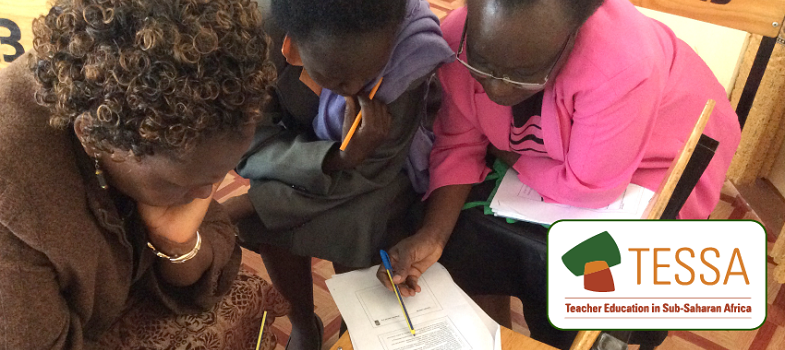Resource 2: The classroom atmosphere
![]() Background information / subject knowledge for teacher
Background information / subject knowledge for teacher
Pupils may react to lessons on HIV and AIDS in different ways. They may:
- ask questions to try to embarrass you;
- remain silent because of their own embarrassment;
- try to shock or amuse by describing sexually explicit behaviour;
- ask personal questions about your private life;
- make comments which open themselves to ridicule or criticism from other pupils.
To deal with these situations, it is important to set class rules. These must be very clear to pupils before you start. You can have pupils discuss and develop their own rules or you can start with a list and discuss if they are fair and why they are important. Your list might include:
- Pupils are expected to treat each other in a positive way and be considerate of each other’s feelings.
- Pupils are not to discuss personal matters that were raised during the lesson with other people outside the classroom.
- Pupils should avoid interrupting each other.
- Pupils should listen to each other and respect each other’s opinions.
- Both pupils and teachers have a ‘right-to-pass’ if questions are too personal.
- No put-downs – no matter how much you disagree with the person, you do not laugh, make a joke about them or use language that would make that person feel inferior.
- Pupils will be given the opportunity to put their questions anonymously to the teacher.
Remember that the rules apply to the teacher as well as the pupils!
Possible strategies for productive lessons
- Young people often giggle about sex. This should be allowed in the beginning as it lowers the barriers when discussing sexuality, but encourage them to be sensitive.
- Respond to statements that put down or reinforce stereotypes (e.g. statements that imply that some ethnic groups are responsible for the AIDS epidemic) by discussing the implications of such statements.
- Be assertive in dealing with difficult situations – e.g. ‘That topic is not appropriate for this class. If you would like to discuss it, I’d be happy to talk to you after class.’
- Avoid being overly critical about answers – so that pupils will be encouraged to express their opinions openly and honestly.
- Present both sides of a controversial issue.
- Avoid making judgements about what is said.
- It might be helpful to separate boys from girls in group activities where discussion might cause embarrassment, or where separate groups might be work more effectively.
Helping anxious pupils
You know that your main responsibility is to make sure that you know the facts when teaching about HIV and AIDS. You must prepare thoroughly and this will help your own confidence in dealing with this difficult topic.
It is helpful to think ahead of how you might respond to pupils who believe they may have been exposed to HIV. It is important that you behave in such a way that pupils who are worried will feel comfortable seeking your advice.
It is important that you listen to any pupil who approaches you, without imposing your values, moral judgements or opinions. Try not to ask leading or suggestive questions about their behaviour.
Part of your preparation should include knowing what HIV and AIDS services are available in your community. Find out which clinics or NGOs offer advice and support to young people so you know where to refer your pupils if necessary.
Convey your concern for the pupil’s health and, when appropriate, tell them you know of services that can offer assistance. Offer to start the process by contacting the one the pupil chooses.
Continue your support by confidentially asking the pupil from time to time if they need more information, have taken any actions or are still concerned about anything related to your conversation.
Adapted from: School Health Education to Prevent AIDS & STD (1999) World Health Organisation/UNESCO
Resource 1: HIV and AIDS in Africa



